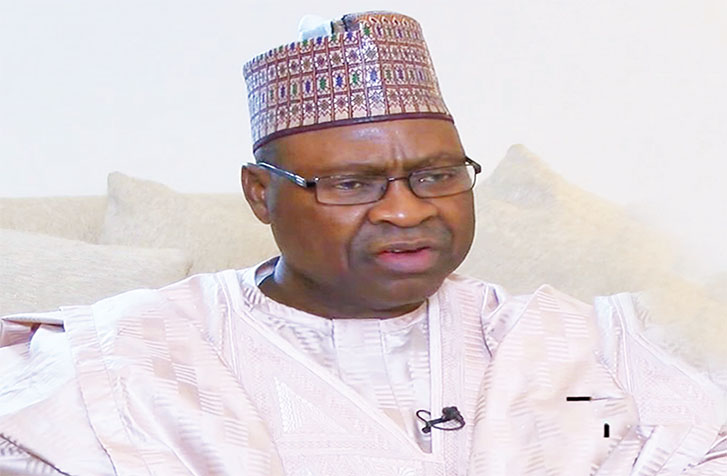Posted on Jan 23, 2020
The Director-General of the Industrial Training Fund (ITF), Mr Joseph Ari, says the Fund is set to graduate 11,000 youths that it has trained under one of its skills acquisition programmes, the National Industrial Skills Development Programme (NISDP).
Ari disclosed this on Thursday in a statement signed by the Fund’s head of Public Affairs, Mr Suleyol Fred-Chagu, and made available to News Agency of Nigeria (NAN) in Jos.
According to him, the trainees commenced training in the last quarter of 2019, and that they had been trained on skills in nine trades namely, leather works, welding and fabrication, catering and event management, tilling, production and laying of interlock tiles and furniture making.
Others are: domestic electrical wiring and installation, solar energy installation, plumbing and pipe sitting and beauty care.
The director-general said the trade areas were chosen because of their potential to provide sustainable livelihoods for the trainees in view of the need for people with such skills.
He said that the trainees would be empowered with start-up packs to start their own businesses.
He called on parents and guardians to encourage their children and wards to embrace skills acquisition as white collar jobs were no longer readily available.
Ari said that the only way for President Buhari’s pledge to take 100 million Nigerians out of poverty before the end of his tenure to be actualised, was for Nigerians to acquire skills.
He said said the Fund in line with its mandate and that of the president would ensure that many Nigerians were equipped with relevant skills for employability and growth.
Similarly, he said that the fund would be commissioning four projects namely, the Lagos Island Area office Complex, the Headquarters’ Library Complex in Jos, the Mechatronics Workshop at Industrial Skills Training Centre (ISTC), Kano, and the Katsina Area Office Complex.
The director-general said the projects would be commissioned before the end of February.
He said that the projects, apart from reducing the infrastructure deficit, would expand access for more Nigerians to benefit from the Fund’s services as some of the facilities would have fully equipped vocational wings for the training of Nigerians in various trades and crafts for employment and entrepreneurship. (NAN)
